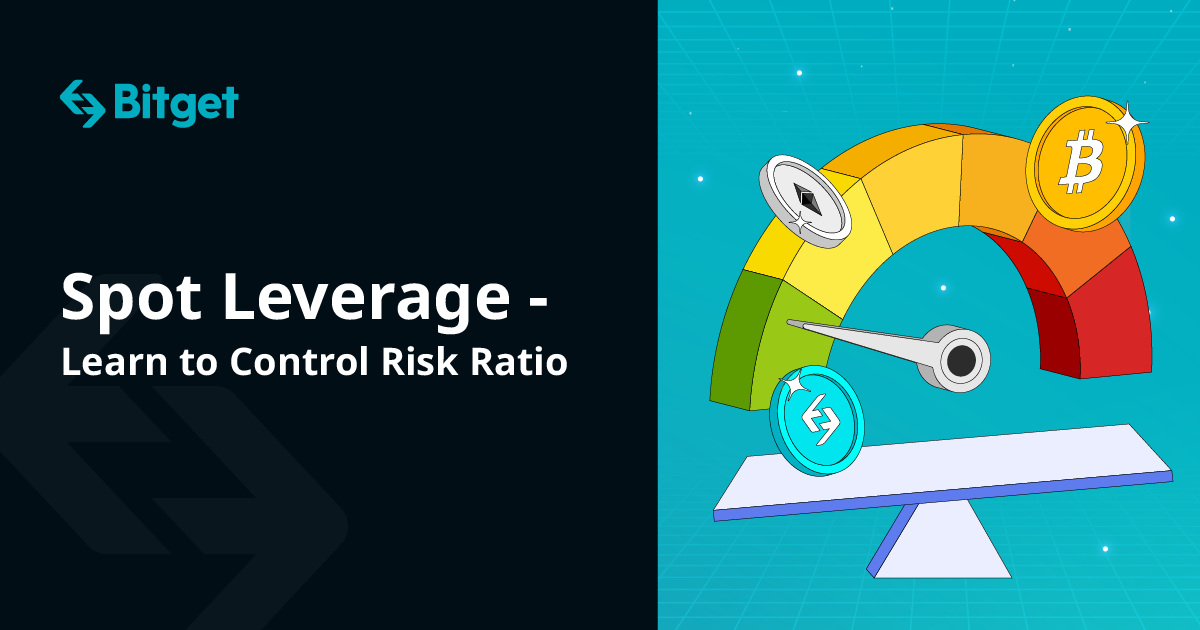Spot Margin - Learn to Control Risk Ratio

Bitgetters,
Spot margin is popular among users, due to its ability to help achieve greater potential returns by borrowing additional funds for trading. However, higher returns also mean higher risks. Therefore, it is helpful for users to build a better risk control system for trading, and prevent greater losses by learning to monitor and control their risk ratio.
Definition of Risk Ratio
Risk ratio is the ratio of debt to assets calculated by the system when a user holds a spot leverage trading position. It is calculated as (Total Debt * Maintenance Margin Ratio) / Net Assets.
The maintenance margin ratio for cross margin mode is fixed at 10%, while the maintenance margin ratio for isolated margin mode can be checked at https://www.bitget.com/en-GB/spot/margininfo.
Notes
When the risk ratio is no less than 80%, the system will make a margin call. When the risk ratio is greater than or equal to 100%, the system will reduce the position or enter liquidation and sell assets in the user's leverage account to repay the loan until the risk ratio is no more than 50%.
How to Control Your Risk Ratio
1. Replenish your margin. Users can control their risk ratio by transferring assets to replenish margins. Please note that this method may result in greater margin losses.
2. Close positions partially and repay loans. Repaying loans with assets from your position is also a way to reduce your risk ratio.
3. Set a stop-loss. If you believe you are unable to continue holding a position based on present market conditions, you can place stop loss orders to cover the debt.
Share

